You will likely see the #BreakTheSilence posters around campus. These are designed to help remove the stigma around discussing sexualized violence and to create an environment that encourages discussions about how we can be proactive in making our campus a more safe environment for everybody.
Before the introduction of the Sexual Assault Policy and Procedures at the University of New Brunswick, Dr. Lucia O’Sullivan, PhD Graduate Student Charlene Belu and Senior Director of Counselling Services Rice Fuller conducted a Climate Survey on Sexual Assault at UNB. From October 2015 to February 2016, students participated in a survey that would open our community’s eyes to the reality of sexual assault at UNB. It also gave students a secure forum through which they could anonymously disclose their experiences on campus - good, bad and ugly. The #BreakTheSilence campaign features 4 statistics from this survey;
- In over 60% of sexual assault cases, both the student and the other individual had been drinking alcohol
- 62% of students’ experiences of sexual violence occured in a home known to them
- 90% of sexual assaults happened between two people who knew each other
- 1 in 5 students experienced an incident of sexual assault since coming to UNB
While this survey uncovered this frightening information, it also featured slightly more encouraging information about the role of bystanders. For example;
- 73% of respondents felt that the UNB administration would take a report of sexual assault seriously;
- 93% of respondent said they would “stop having sex with a partner if they say to stop or imply to stop with their behaviour, even if it started consensually; and
- 82% of respondents said they feel safe on campus.
UNB recently released its first ever stand alone Sexual Assault Policy and Procedures document and has hired a Campus Sexual Assault Support Advocates for both campuses. The Student Union and UNB administration have partnered to show students how sexual assault has impacted our student body and to encourage campus community members to educate themselves about UNB's sexual assault procedures. By reading the Sexual Assault Policy and Procedures and knowing who your Campus Sexual Assault Support Advocate is, UNB will become a safer, more supportive place.
View the Sexual Assault Climate Survey Here.
See press release here.
See media coverage here.
Statistics from O'Sullivan, Belu, Fuller (2016), UNB Sexual Assault Climate Survey








